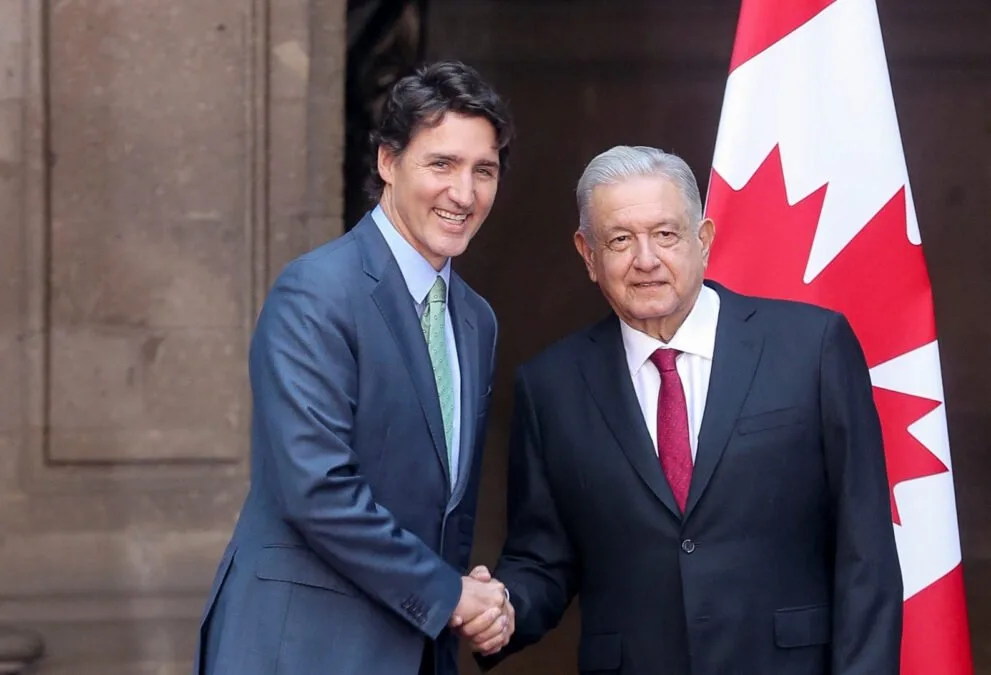Ottawa – Canada and Mexico have maintained a deep, positive and constructive diplomatic partnership over the past 80 years. We have worked to ensure North America is the world’s most competitive economic region and maintain strong bilateral, regional and multilateral cooperation. To support travel and people-to-people connections between Canada and Mexico, while also preserving the integrity of our immigration system, the Government of Canada is adjusting its travel requirements for Mexican citizens.
As of February 29, 2024, at 11:30 p.m. Eastern time, Mexican citizens who hold a valid US non-immigrant visa or have held a Canadian visa in the past 10 years and are travelling by air on a Mexican passport will be able to apply for an electronic travel authorization (eTA). With the high number of Mexican citizens currently holding US visas, the majority will continue to enjoy visa-free travel to Canada. Those who do not meet these conditions will need to apply for a Canadian visitor visa. This responds to an increase in asylum claims made by Mexican citizens that are refused, withdrawn or abandoned. It is an important step to preserve mobility for hundreds of thousands of Mexican citizens, while also ensuring the sound management of our immigration and asylum systems.
The application process for Mexican citizens seeking a work or study permit will not change. Mexican citizens who want to work in Canada will continue to have access to a wide number of existing labour pathways, including the Temporary Foreign Worker Program and the International Mobility Program.
Canada supports ongoing travel, tourism and business with Mexico. We will continue to work with the Government of Mexico to strengthen our regular pathways to immigration, and with our provincial and territorial counterparts to support a system of managed migration as well as to support those in need of protection. Canada is expanding its network of visa application centres in Mexico to better serve these clients. Today’s action will relieve pressure on Canada’s borders, immigration system, housing and social services, while preserving mobility for Mexican citizens who want to come to Canada.
The Seasonal Agricultural Worker Program (SAWP) is a vital example of the mutually beneficial migration that we seek to promote regionally and globally. Canada is ready to work with Mexico to build on this program, through the modernization of a new SAWP bilateral agreement, to offer Mexican workers new opportunities, through the incorporation of year-round primary agriculture and seasonal fish, seafood and primary food processing into the program. This will benefit workers and businesses on both sides of the Canada–Mexico relationship.
Canada is continuously monitoring the impacts of its visa policies for both visa-exempt and visa-required countries, as well as asylum claim trends. These challenges are not limited to one country. Any adjustment to Canada’s travel requirements are made to preserve the integrity and sustainability of our asylum and immigration systems.
More information about these changes, including for people in transit or with upcoming flights, is available on IRCC’s website.
“Mexico is an important partner to Canada. We will continue to welcome Mexican temporary workers, students, visitors and immigrants who bring diverse skills and important contributions to our economy and communities. We strive for balance between the movement of people between our two great countries, and the need to relieve pressure on our immigration system so we can provide protection to those who need it the most.”- Marc Miller, Minister of Immigration, Refugees and Citizenship








